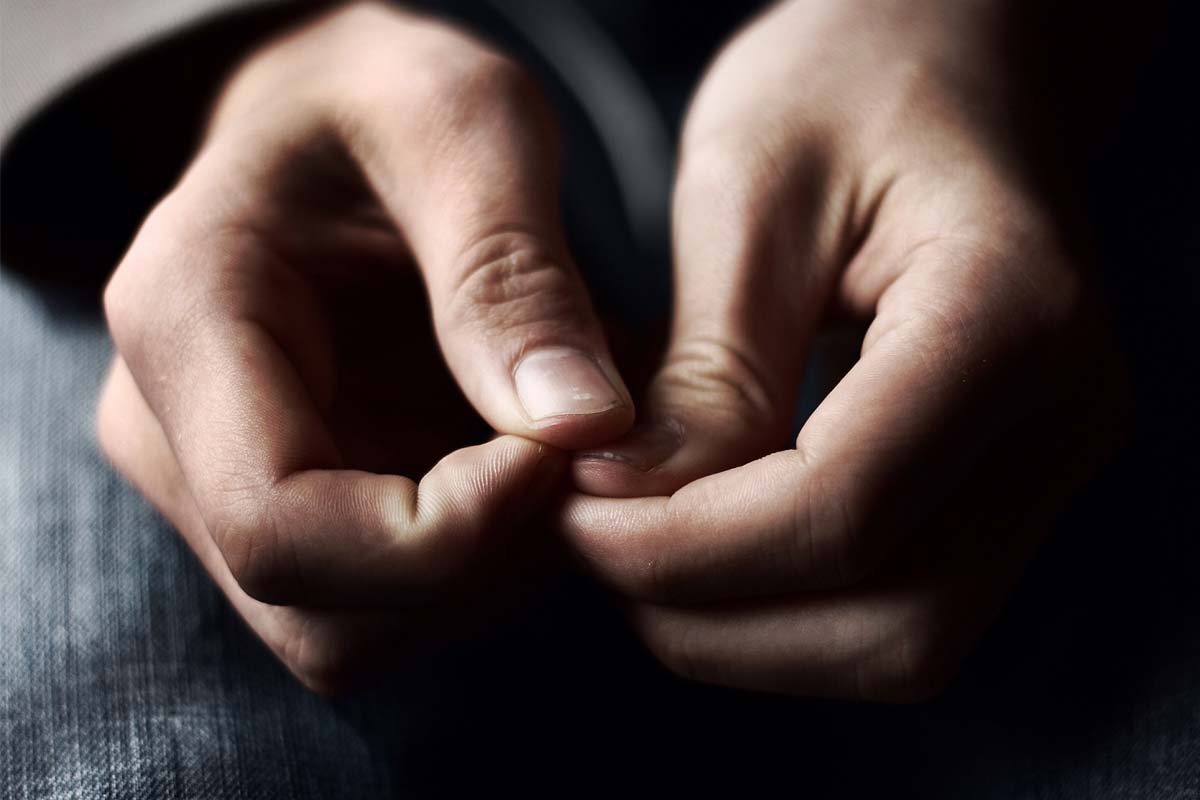The relationship between depression and anxiety and addiction is a strong one. Because one in four adults with a mental illness also suffers from a substance abuse disorder, it’s critical to understand the connection for effective treatment. So here’s what you need to know and how to get help with substance abuse disorders for yourself or a loved one.
But if you’re thinking about suicide, worried about a friend or loved one, or need emotional support, call the National Suicide Prevention Lifeline at 1-800-273-8255.
Depression and Anxiety
Depression is a serious mental illness that changes the way you think, act, and feel. Also, it may impair your day-to-day life.
Types of Depression
There are several types of depression, including:
- Seasonal Affective Disorder: Depression associated with a reduction in the body’s exposure to natural light in the winter.
- Major Depression: Primary depression with five or more symptoms each day, lasting two weeks or more.
- Dysthymia: A mild form of depression that lasts years. May lead to major depression.
- Atypical Depression: A diagnosis of depression that does not fit into the above categories.
Symptoms of Depression
Symptoms of depression include but are not limited to:
- Persistent sadness that doesn’t seem to have an immediate cause
- Difficulty concentrating or remembering details
- Fatigue or unusual tiredness
- Irritability
- Loss of enjoyment of activities
- Decrease in sexual desire
- Feelings of worthlessness and guilt
- Suicidal thoughts and/or attempts
About Anxiety
There are two types of anxiety–normal and clinical. Because humans are programmed to feel anxiety and panic in stressful situations, anxiety symptoms are normal. But clinical anxiety occurs when symptoms are present without stressors.
Like depression, there are multiple types of anxiety disorders. For instance, the following:
- Generalized Anxiety Disorder: A common type of anxiety characterized by exaggerated worry and chronic tension without a clear cause.
- Panic Disorder: A disorder that causes the release of adrenaline and physical symptoms of panic in the absence of an emergency.
- Social Anxiety Disorder: Anxiety characterized by overwhelming or intolerable anxiety in social situations.
- Obsessive-Compulsive Disorder: A disorder that causes obsessive, anxious thoughts. Repeated compulsive behaviors usually bring relief.
- Post-Traumatic Stress Disorder: A type of anxiety caused by exposure to a traumatic event and characterized by flashbacks.
Symptoms of anxiety can include:
- Racing heart
- Sweating
- Nervousness
- Irritability
- Restlessness
- Difficulty concentrating
- Racing or intrusive thoughts
- The feeling that something bad will happen soon
- Nausea
- Shaking
Why Do Individuals Suffering from Mental Illness Also Suffer from a Substance Abuse Disorder?
Depression and anxiety are terrible illnesses to live with. Often, they’re invisible, meaning that it’s often difficult for others to understand how debilitating these disorders can be. Further, mentally ill individuals will turn to alcohol or drugs in an attempt to self-medicate or “numb out” the feelings of either disorder.
For example, alcohol is a central nervous system depressant. In individuals who experience clinical anxiety, their central nervous systems are overactive. Thus, a drink or two can take the edge off the anxiety, and binge drinking might obliterate it for a short time. However, people with depression may be desperate to experience emotions other than sadness and emptiness and may gravitate towards uplifting substances like cocaine or methamphetamine. Because of its ability to produce short, extremely powerful euphoria, heroin is an epidemic in the mental health community.
The Importance of Seeking Addiction Treatment If You Have Depression and Anxiety
So if you or a loved one are struggling with depression and anxiety along with a substance abuse disorder, it’s critical to seek treatment that understands mental illness as the root cause of the substance abuse disorder instead of vice versa. Mentally ill patients are highly prone to relapse if they only receive treatment for substance abuse because the underlying emotions that drove them to use in the first place are still present. Treating depression and anxiety at the core can help reduce the desire to abuse drugs and alcohol, increasing the chances of successful sobriety.
Don’t let mental illness and substance abuse control your life or the life of your loved one. So call Westwind Recovery® today at 855.340.8832.

Dr. Deena is the Chief Clinical Officer of Westwind Recovery®, an award-winning outpatient treatment center in Los Angeles where she oversees the clinical and administrative program and treatment methods. Dr. Deena is a doctor of psychology and licensed clinical social worker since 1993. LCSW #20628. Originally from the East Coast, Dr. Deena has worked running treatment centers, worked as a therapist in psychiatric hospitals as well as school settings and currently has a thriving private practice in the LA area. Dr. Deena has appeared regularly on the Dr. Phil Show as an expert since 2003. She has also been featured on many other TV shows, podcasts and has contributed to written publications as well as podcasts.



